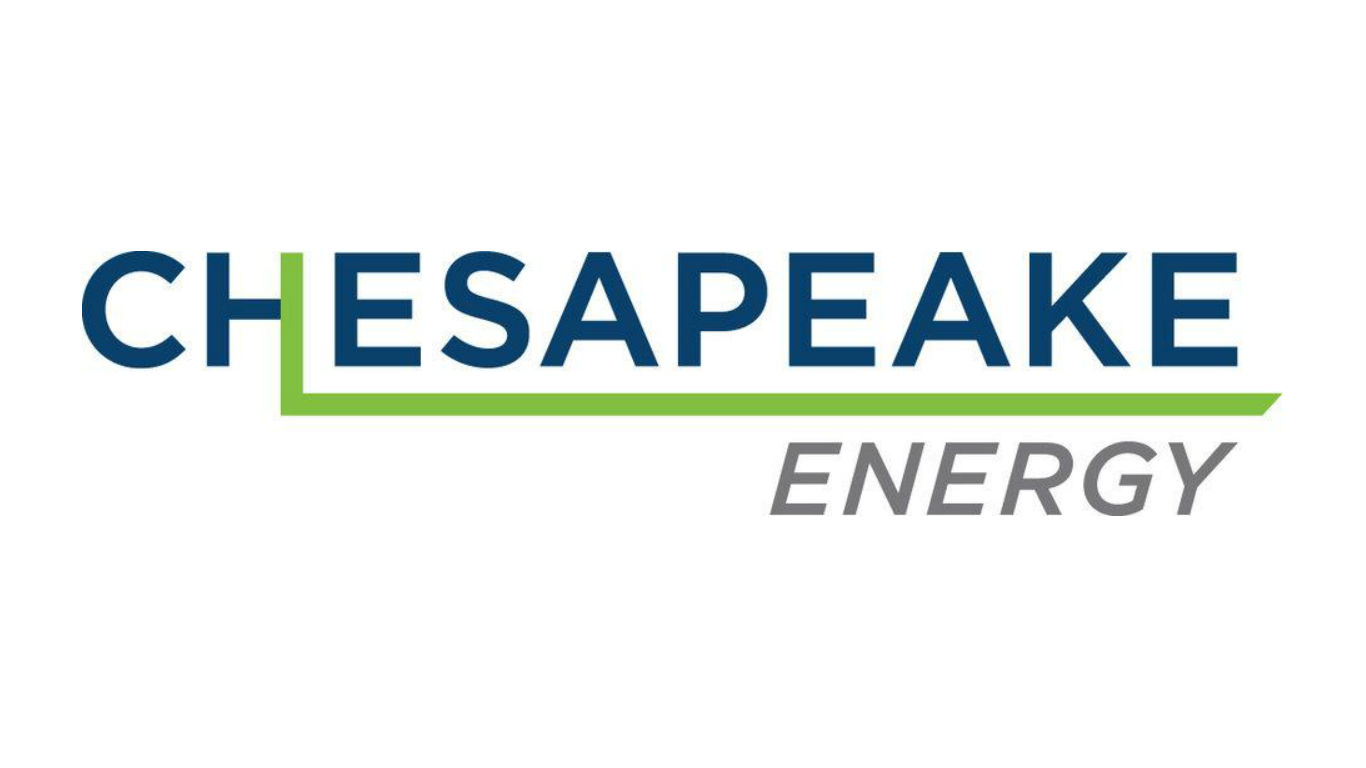Energy
Is Reverse Split the Last Dance for Chesapeake Energy Stock?

Published:
Last Updated:

The latest news on Chesapeake Energy Corp. (NYSE: CHK) suggests the end may be near. The oil exploration and production company was hammered this week after CFRA analyst Paige Meyer became the latest to slash her price target to $0. Bank of America analysts recently assigned a slightly better target of only $0.06.
It’s been a spectacular fall for CHK stock, which once traded at the equivalent of $520 per share, following a 200-for-one reverse stock split. CFRA also moved the stock from a Sell to Strong Sell rating.
Shares of Chesapeake Energy closed at $9.60 Wednesday, down a whopping 94.19% year to date. For comparison, the S&P 500 is down 12.71% for the same period.
“One of the largest impacts of the pandemic has been a significant reduction in global demand for oil and, to a lesser extent, natural gas,” Chesapeake reported in a recent SEC filing. Airline travel is basically nil while automobile traffic is also significantly reduced.
At the same time, there’s been a supply surplus, severely impacting oil prices. Even as world economies went south, Saudi Arabia and Russia were not cutting production in March. But by April, world producers finally agreed to cut daily production by 20 million barrels, representing 20% of the global daily supply.
Even with these cuts, some experts say production is still too high. On Wednesday, the Organization of the Petroleum Exporting Countries (OPEC) further cut its forecast for 2020 crude demand. OPEC and other oil-producing nations may agree on further production cuts based on April production.
Against this backdrop, Chesapeake’s filing with the Securities and Exchange Commission on May 11 was bleak. “Management has concluded that there is substantial doubt about the company’s ability to continue as a going concern,” the 10-Q report said. The company is saddled with $9 billion in debt. Many think a bankruptcy filing is imminent.
Things are so bad at the Oklahoma City-based company that it plans to prepay a total of $25 million in incentive compensation to 21 top executives in a bid to keep them on board. “The board and compensation committee … determined that the historic compensation structure and performance metrics would not be effective in motivating and incentivizing the company’s workforce,” the company said in a recent filing.
Chesapeake Energy’s incentive plans for other employees were also modified. The new program would offer “cash retention payments earned on a quarterly basis over a 12-month period,” contingent on continued employment.
In mid-April, Chesapeake completed a 1-for-200 reverse stock split as it struggled to maintain its listing on the New York Stock Exchange. These splits are usually bad news for investors. It’s often the last stop for a troubled company before bankruptcy and delisting. Some recent examples include Aurora Cannabis Corp. (NYSE: ACB), Blue Apron Holdings Inc. (NYSE: APRN) and Rite Aid Corp. (NYSE: RAD).
In reverse stock splits, companies reduce the number of shares publicly traded in order to boost the share price. This method is often used because the company’s share price has dropped below NYSE or NASDAQ minimum listing requirements.
Start by taking a quick retirement quiz from SmartAsset that will match you with up to 3 financial advisors that serve your area and beyond in 5 minutes, or less.
Each advisor has been vetted by SmartAsset and is held to a fiduciary standard to act in your best interests.
Here’s how it works:
1. Answer SmartAsset advisor match quiz
2. Review your pre-screened matches at your leisure. Check out the advisors’ profiles.
3. Speak with advisors at no cost to you. Have an introductory call on the phone or introduction in person and choose whom to work with in the future
Get started right here.
Thank you for reading! Have some feedback for us?
Contact the 24/7 Wall St. editorial team.